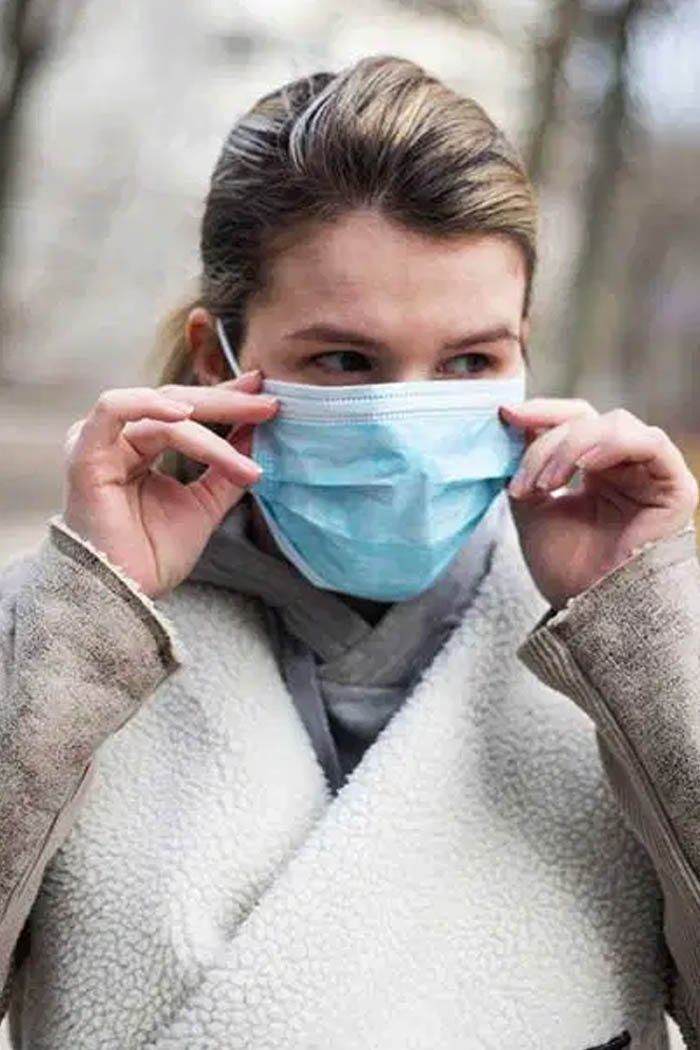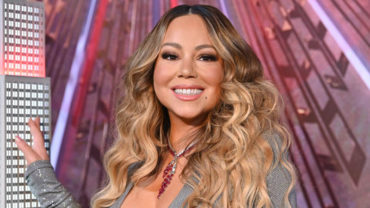In a new interview with McClatchy, Anthony Fauci, MD, director of the National Institute of Allergy and Infectious Diseases (NIAID), weighed in on that last question regarding the level of immunity the COVID vaccine provides. “The bottom line is we don’t know right now how long it lasts,” he said, but he does have some conjectures.
Many vaccinology’s think that the coronavirus vaccine will need annual shot, same as annually flu vaccine shot required. But Dr Fauci told McClatchy, it’s not clear whether or not the COVID-19 vaccines will last that long since the virus has only been around in the U.S. since March. “We’re less than a year into the disease, so you can’t say it lasts more than a year—I mean, that would be impossible,” he said. “That doesn’t make any sense because no one that we know of that we’re following has been infected for more than a year.
But statistics from similar coronaviruses may provide some insight, according to the nation’s leading immunologist. In the 2002 SARS outbreak, for example, those who came down with the virus were naturally immune for over a year, though their immunity eventually waned. “So, the bottom line is we don’t know right now how long it lasts,” Fauci said of immunity from the COVID-19 vaccine. “But it likely would last for a full year’s cycle.”
Much longer than that, though, maybe a bridge too far. “From what we know of the duration thus far of immunity, I would be surprised if it turns out to be a 20-year duration, but I would also be surprised if it was less than a year,” Fauci said. “I think it would probably be more than a year.

1- Healthcare professionals will likely get it first.
MD, director of the National Institute of Allergy and Infectious Diseases (NIAID) Anthony Fauci gives an interview to NPR’s Morning Edition and he said that the plan for the vaccine’s rollout is starting to come together. “It will be a list in which you go from people who are either at the highest risk such as Doctors, Nurse or Health Professional are important to society,” he described. “And then as you go down the list, it gets to people who are less at risk for serious disease.”
Advisory Committee on Immunization Practices, which is charged to make a list for the COVID vaccine that who receives the vaccine and when is voting on Dec. 1 to determine the order. According to the committee’s early deliberations, which were published in the CDC’s Morbidity and Mortality Weekly Report on Nov. 27, it’s looking like healthcare workers will top the list.
2- And healthy young people will likely get it last.
A young people have a great immune system or less risk to badly effect through this virus. As per Fauci, 25 to a 30-year-old person with no underlying conditions who’s otherwise healthy—that likely will be the person towards the end.
3- It requires two doses and does have some side effects.
The news circulates regarding the vaccine is that both Pfizer and Moderna’s vaccines require two doses, which has some doctors worried. “We really need to make patients aware that this is not going to be a walk in the park,” said Sandra Fryhofer, MD, of the American Medical Association, during a Nov. 23 meeting with the Advisory Committee on Immunization Practices, as reported by CNBC. “They are going to know they had a vaccine. They are probably not going to feel wonderful.”
After the first shot, if the people feel unpleasant side effects or fear occurring him to die, they definitely won’t return for their second dose.
So, if you get a shot, remember that you must aware of these kinds of side effects may occur. As per doctors and volunteers in the trials, expect a fever, a sore arm, muscle aches, a headache, fatigue, and perhaps nausea and/or vomiting.
4- It will start being rolled out in December, but most people won’t get it until the middle of next year.
The earliest people to be inoculated, referred to by the CDC as group 1a will likely be “getting vaccinated towards the end of December,” Fauci told NPR.
Though his projections “are not guaranteed,” Fauci said, “the first several months of 2021 will be going through the priority group.” Then, he explained, “by the time you get to, let’s say, the end of April, the beginning of May, June, July, and as we get into the second quarter, it’d be much more likely that you’ll have ‘the general population’… Not on the priority list, able to get vaccinated.” And if you want to get ready, beware that You Need to Quit This Bad Habit Before Getting a COVID Vaccine, Study Says.







